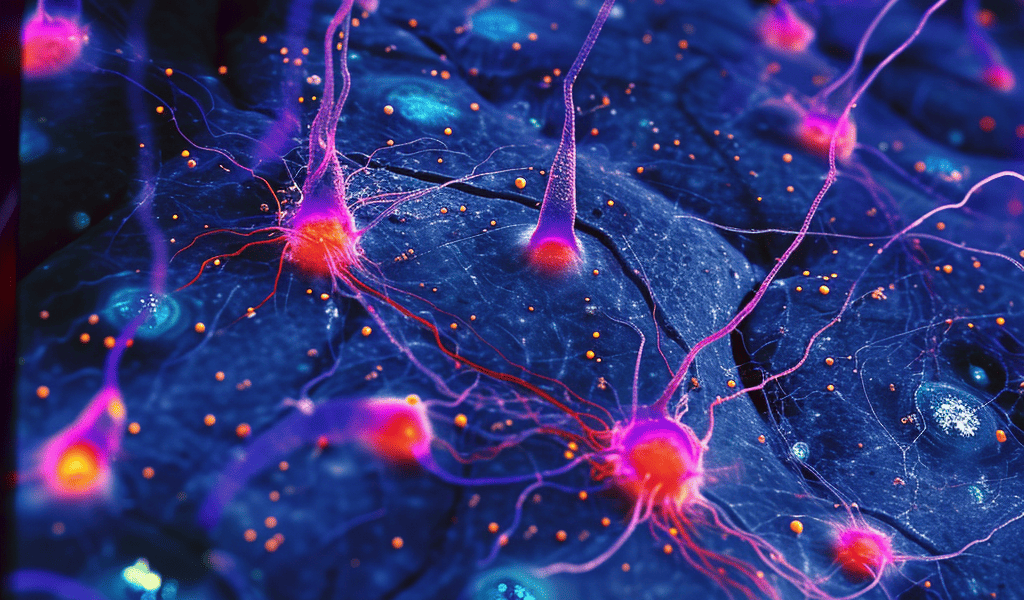Researchers from the University of Oxford have made a significant breakthrough in understanding the formation of stubborn memories and their link to addictive behaviors. The study, conducted by the Medical Research Council Brain Network Dynamics Unit and the Nuffield Department of Clinical Neurosciences, sheds light on the mechanism behind the persistence of memories associated with drug use.
The research focused on the impact of cocaine experience on memory formation and behavior. By studying the collective activity of nerve cells distributed across the brain, the team uncovered a novel mechanism that underlies the lasting and powerful nature of these memories. This discovery offers valuable insights into the development of addiction and drug-seeking behaviors.
It is well-established that recreational drugs can create strong and enduring memories, often linking the drug experience with contextual information. However, the specific processes through which these robust memories are formed have remained unclear. Through experiments involving mice, the researchers identified a distinct pattern of nerve cell activity responsible for the persistence of these intense memories.
The study suggests that the unusually strong nature of certain memories, particularly those associated with drug use, may be attributed to the coordinated activity of multiple brain regions. By examining the cocaine experience as a model for impactful behavioral changes, the researchers aimed to unravel the neural mechanisms underlying addiction.
By monitoring the activity of nerve cell populations, the researchers observed that heightened activity across diverse brain regions predicted the expression of enduring memories. Modulating this increased activity led to a restoration of more appropriate behavior, highlighting the potential for intervention in memory-related behaviors.
Dr. Charlie Clarke-Williams, the first author of the research paper, emphasized the significance of the findings, stating, “The brain’s ability to represent and process information from our environment is fundamental to our interactions with the world. However, in the case of drug experiences, this natural process can be hijacked, leading to inappropriate actions and potential addiction.”
Senior author Professor David Dupret highlighted the widespread impact of recreational drug use on society and the healthcare system, emphasizing the need for balanced memory formation. He noted, “Memories should be balanced, and while weak memories are observed in conditions like aging or dementia, abnormally powerful memories, as seen in drug-related experiences, present significant challenges.”
The research provides a deeper understanding of the neural mechanisms underlying memory formation and the potential implications for addiction. By unraveling the intricate processes involved in the persistence of drug-related memories, the study offers new avenues for addressing addictive behaviors and developing targeted interventions.





